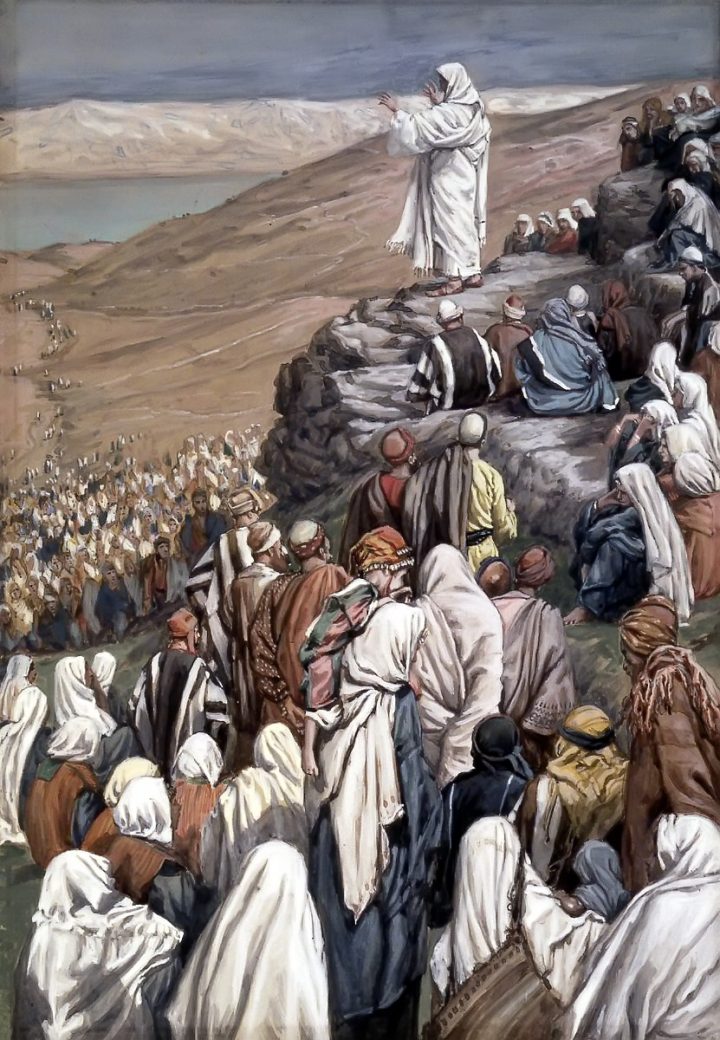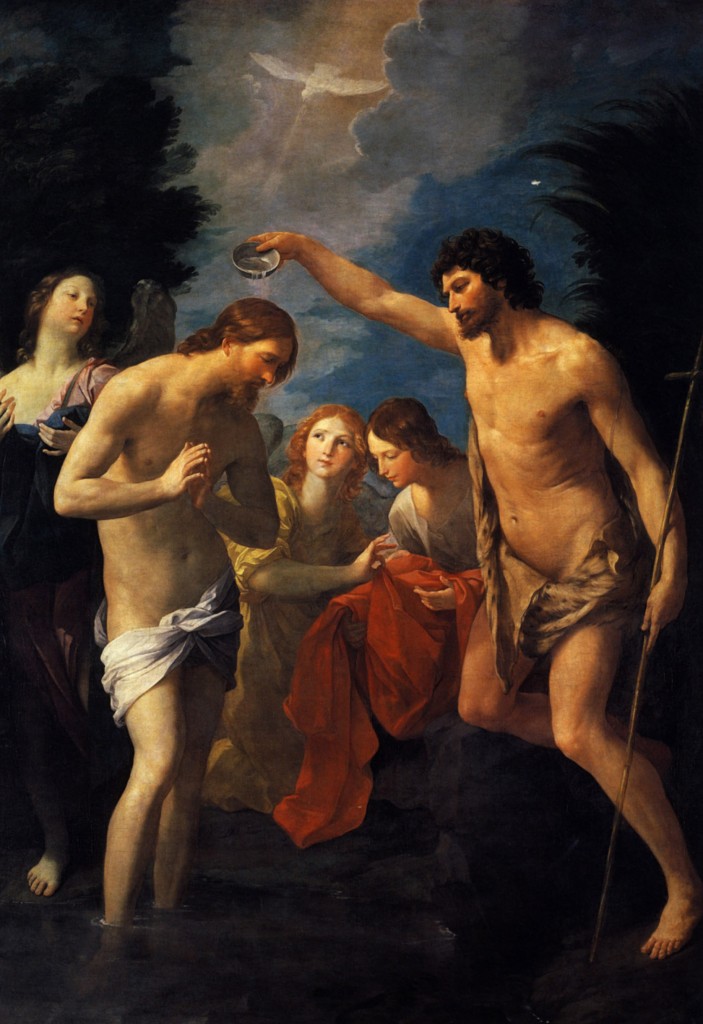Easter Vigil Mass at St. Charles Borromeo, 2019
You are the light of the world.
A city set on a mountain cannot be hidden.
Nor do they light a lamp and then put it under a bushel basket;
it is set on a lampstand,
where it gives light to all in the house.
Just so, your light must shine before others,
that they may see your good deeds
and glorify your heavenly Father
(Matthew 5:14–16)
Fr. Smith’s Commentary on the Second Reading
Fifth Sunday in Ordinary Time
1 Corinthians 2:1–5
February 5, 2023
When introducing Plato’s idea of the “Noble Lie” my professor told a class of 18-year-olds that one day we would understand it not just in our heads but in our hearts as well. It took over 50 years but now I get it.
Plato’s insight was that a nation required a founding myth to maintain peace and order. The common folk needed to believe it but the “Philosopher Kings” who governed the society would know that this was man-made and devised as means of social control. This ruling class would do almost anything to maintain this myth. We have seen it at work in our own day with debates on curriculum in general and history in particular. By defining the past, we can determine the future. (The Republic, Book 3, 414)
Christianity pulled back the veil on these myths. They depend on a power structure which allows some to be strong and the expense of the weak. Its symbols reflect that division. The basic reality for Christianity is that Jesus died on the cross at the command of the empire but then rose from the dead in defiance of it. “Death has no power over him.” (Rom. 6:9) The Roman Empire is long gone but societies still have myths and histories to justify why some have to the right to rule and others the duty to submit. It is the genius of St. Paul that he not only recognizes that the Gospel unmasks these myths but that the good news of the cross must be presented clearly and simply without distractions or flourishes to be effective.
Continue reading “5th Sunday in Ordinary Time – Embracing the Cross”



